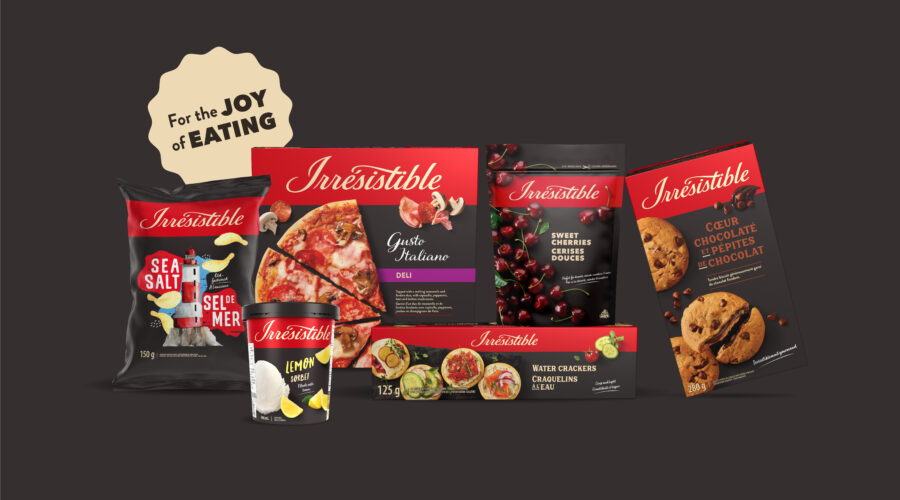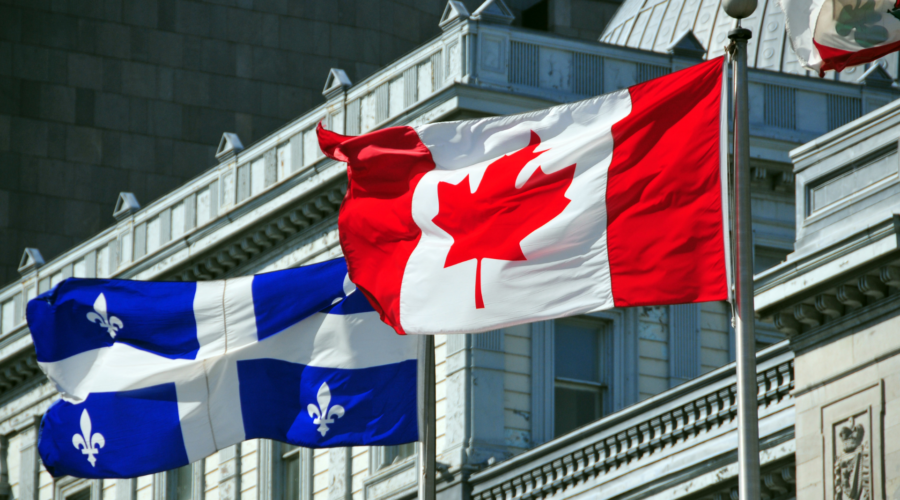
Pigeon Brings its Clients, Friends & Family Tidings of Comfort and Calm
The holidays are here, with its fast-approaching deadlines, family commitments and last-minute shopping. That’s why we wanted to offer up …
Consumers of today are expecting and demanding brands to actively lead the facilitation of change. They are investing their loyalty in brands that place high value in not only articulating their social responsibility but also making those claims actionable and impactful. Consumers are asking brands to have a more holistic approach to business practices that not only care about the climate but extend to humanity at large.
In a survey conducted by IBM, nearly eight in 10 respondents indicated sustainability is important for them, and for those who said it is very or extremely important, over 70 percent would pay a premium of 35 percent, on average, for brands that are sustainable and environmentally responsible.
With this consumer behaviour shift in mind, we see a great disconnect between consumers’ values and the output of Black Friday.
Originally established as a lieu day, Black Friday enabled overzealous Thanksgiving feasters to rest and get a jumpstart on their holiday shopping. The earliest use of the phrase Black Friday dates to 1869, the day plummeting gold prices caused a market crash that impacted the U.S. economy for years. Black Friday is also used to define a state of financial crisis and chaos, not one of shopping and celebrations.
Today, it is seen as synonymous with hyper-consumerism as well as the environmental burden, over-spending and waste associated with the day’s event. A 2020 estimate surmised home deliveries would churn out 429,000 metric tons of greenhouse gas emissions — the equivalent of 435 return flights from London to New York (or, apparently, the same weight as 61,308 elephants).
However, great challenges create great opportunities for change, and in 2015, a counter-movement was created. Green Black Friday was established to empower a more mindful, environmentally-conscious and greener alternative to online spending. It encourages consumers to be more present in their purchase decisions and advice for a sustainable future by supporting brands that sell eco-friendly and upcycled products or companies that champion sustainable practices.
A great example of a brand leading this change is IKEA. Demonstrating the importance, affordability, and ease of sustainable living for all, their month-long Green Friday campaign encourages Canadian consumers to give pre-loved goods a new life through their circular buyback program. Customers are encouraged to sellback their lightly-used IKEA items to enjoy special promotions and the satisfaction knowing they’ve helped make the world a little cleaner and greener.
This month, our Toronto and Montreal offices proudly teamed up with IKEA to launch our first integrated marketing campaign where we developed a localized Green Friday campaign for the Canadian market by leveraging IKEA’s global messaging and online video assets. We want to thank the team at IKEA and our production partners Atelier F. and Wingfield Digital for bringing this to life. To learn more, read the press release at Strategy Online or visit IKEA.

The holidays are here, with its fast-approaching deadlines, family commitments and last-minute shopping. That’s why we wanted to offer up …

The Irresistible brand revitalization is making waves in the press. The new identity and brand platform are designed to captivate and connect …

Pigeon’s CEO & Managing Partner, Elyse Boulet, and VP Strategy and Growth, Stéphane Crevier, hosted a webinar with NielsonIQ’s Francis …
